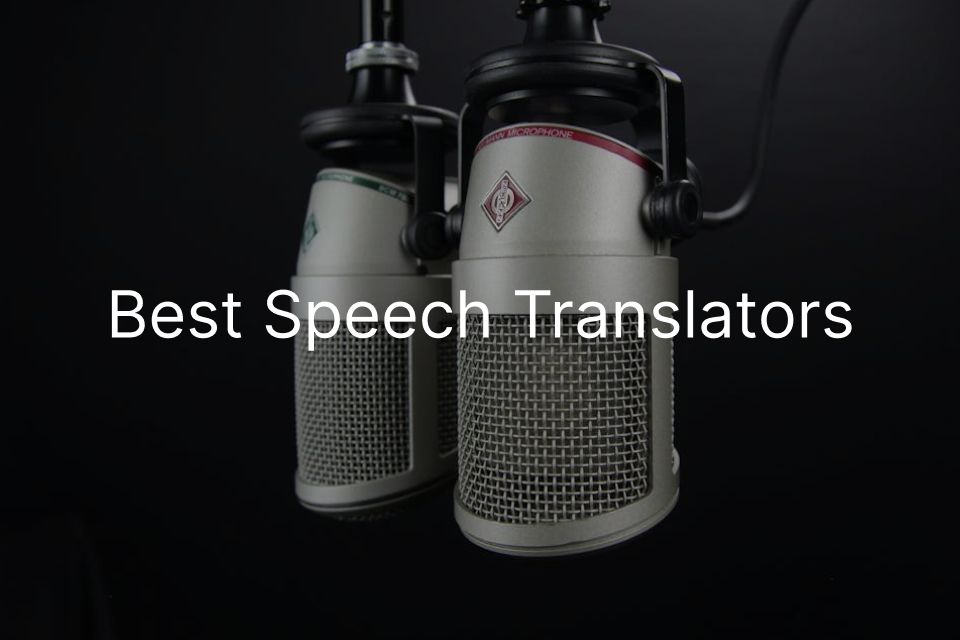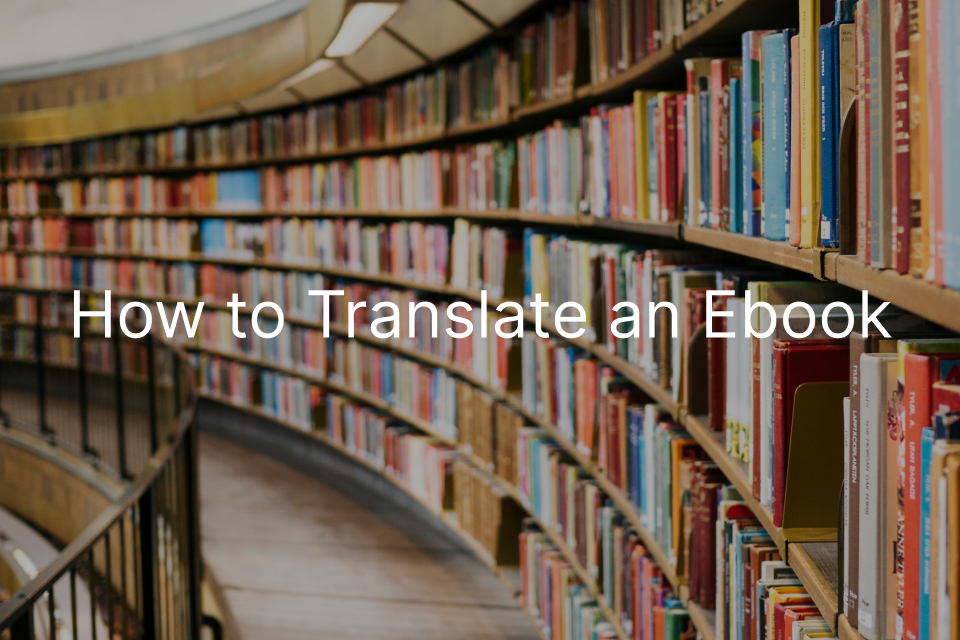Best Google Translate Alternative
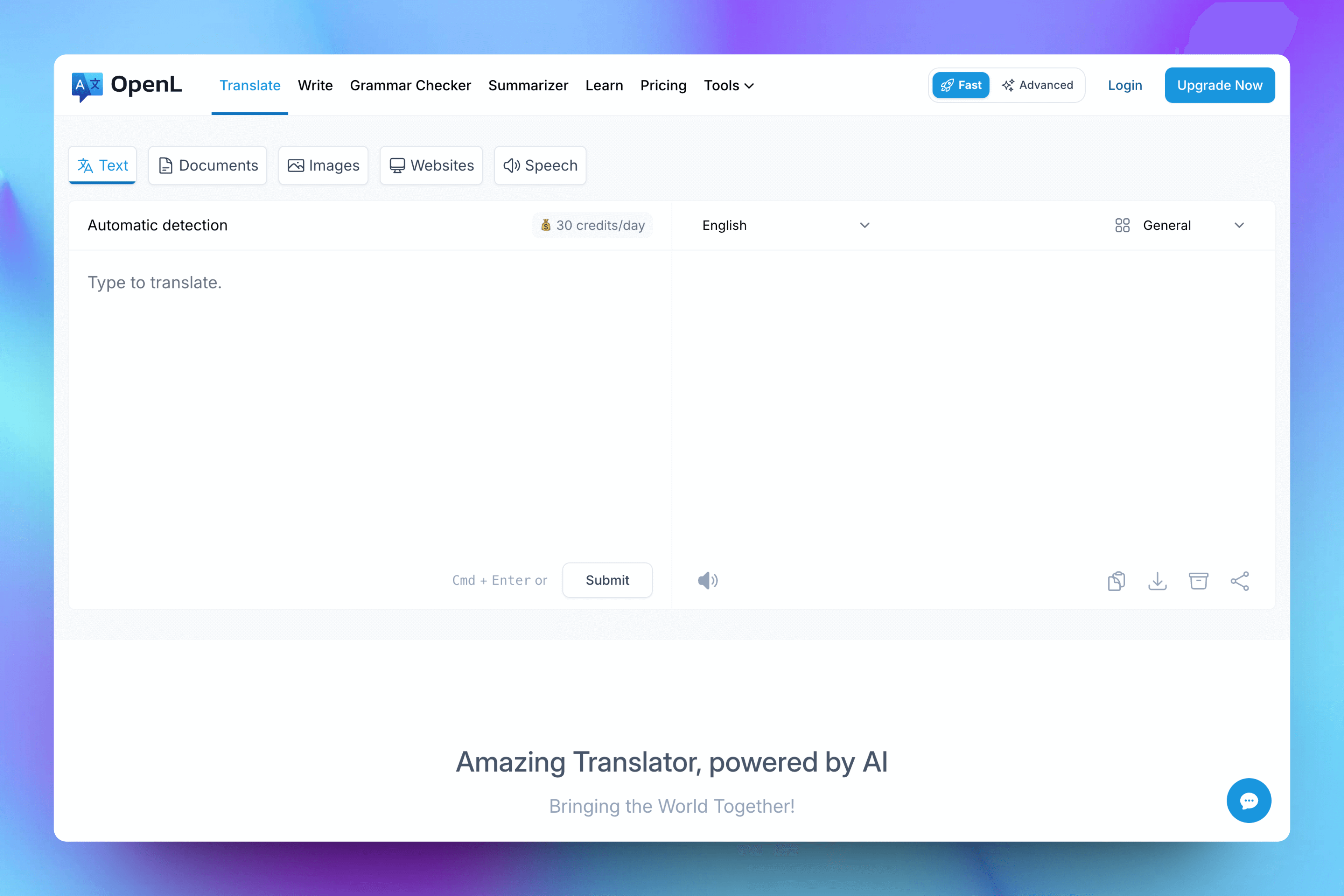
TABLE OF CONTENTS
Google Translate has long been the go-to tool for translation needs. However, as technology advances, new alternatives like OpenL Translate are beginning to make their mark. This article compares these two tools and explores whether OpenL Translate has the potential to become a strong competitor to Google Translate.
Google Translate
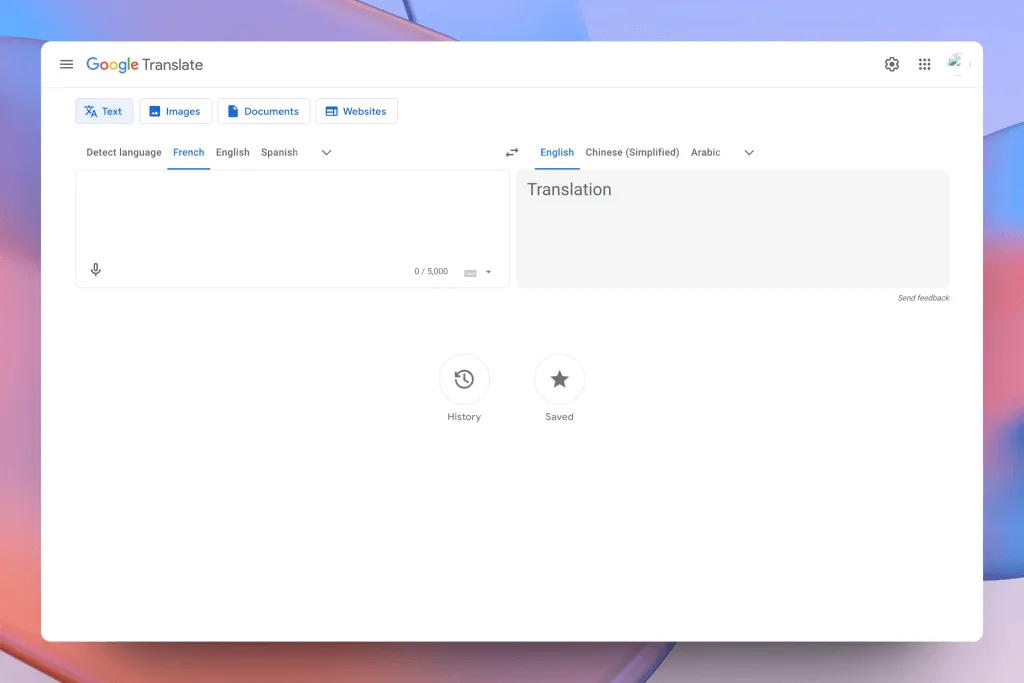
Launched in 2006, Google Translate now supports translations for over 243 languages. Its key features include:
-
Extensive language support, including rare languages
-
Seamless integration with Google services and third-party applications
-
Mobile app with offline functionality and camera translation
-
Completely free for regular users
Pros:
-
Wide range of supported languages
-
Supports text, image, document, and website translation
-
Entirely free
Cons:
-
Translation quality for some languages needs improvement
-
Inconsistent image translation quality
-
Translation speed may slow down due to network issues
OpenL Translate
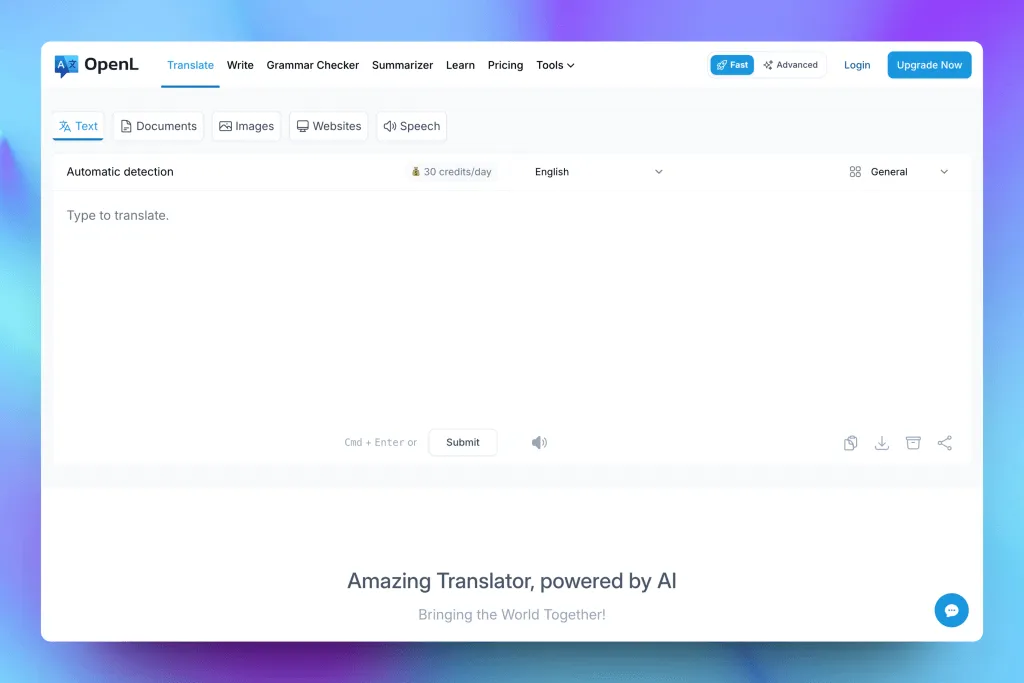
OpenL Translate is a high-precision AI translation tool supporting over 100 languages. It can handle various translation tasks, including text, documents, images, speech, and web pages. Using AI technology, OpenL can even translate obscure languages like Ancient Greek, Old English, and Old Norse. Its main features include:
-
Precise translations using AI technology
-
Support for text, document, image, speech, and web page translation
-
Fast translation speed
-
User-friendly interface
-
Additional features such as writing assistance and grammar checking
Pros:
-
High-precision translations, especially for complex sentences and technical terms
-
Supports multiple types of translation
-
Provides additional language tools
Cons:
-
Limitations on the free plan
-
Translation results are in text format only
-
Currently no public API available
Comparative Analysis
| Criteria | Google Translate | OpenL Translate |
|---|---|---|
| Translation Quality | Generally accurate, but struggles with complex expressions | High accuracy, excels at complex sentences and technical terms |
| Supported Languages | 243+ languages | 100+ languages, including some ancient languages |
| Translation Types | Text, images, documents, websites | Text, documents, images, speech, web pages |
| Pricing | Completely free | Free: 30 free translations per day, limited to 1500 characters each. Starter: $9.9/month, unlimited fast translations. Pro: $19.9/month, unlimited fast translations, 30 advanced translations per day. |
| User Interface | Intuitive, integrated with Google ecosystem | Clean, with some advanced features |
| Special Features | Offline translation, camera translation, handwriting input | Writing assistance, grammar checking, summary generation, and language learning |
Usage Recommendations
-
Everyday Use:
- Google Translate is more suitable for quick, daily translation needs due to its broad language support and free access.
-
Professional and Technical Use:
- OpenL Translate excels in translation quality and professional features, making it ideal for technical documents and specialized content requiring high-precision translations.
Conclusion
Both Google Translate and OpenL Translate have their strengths. Google Translate leads in language coverage and ease of use, while OpenL Translate stands out in translation accuracy and professional features. The choice of tool depends on the user’s specific needs, whether it’s wide accessibility or high-quality professional translations. As technology continues to evolve, both tools are expected to offer even better translation services in the future.
